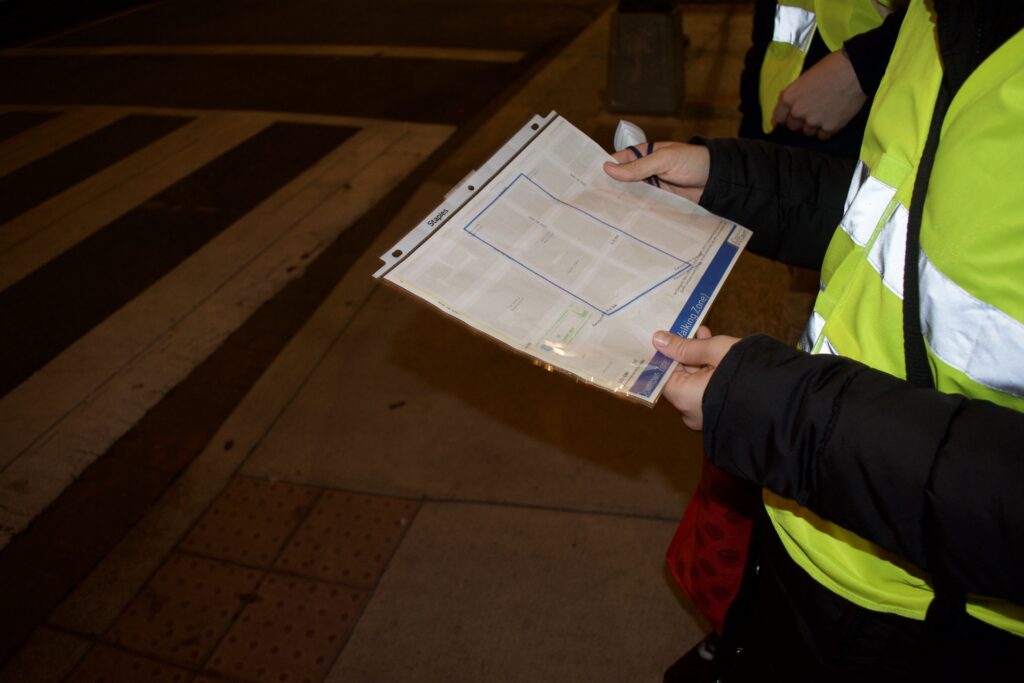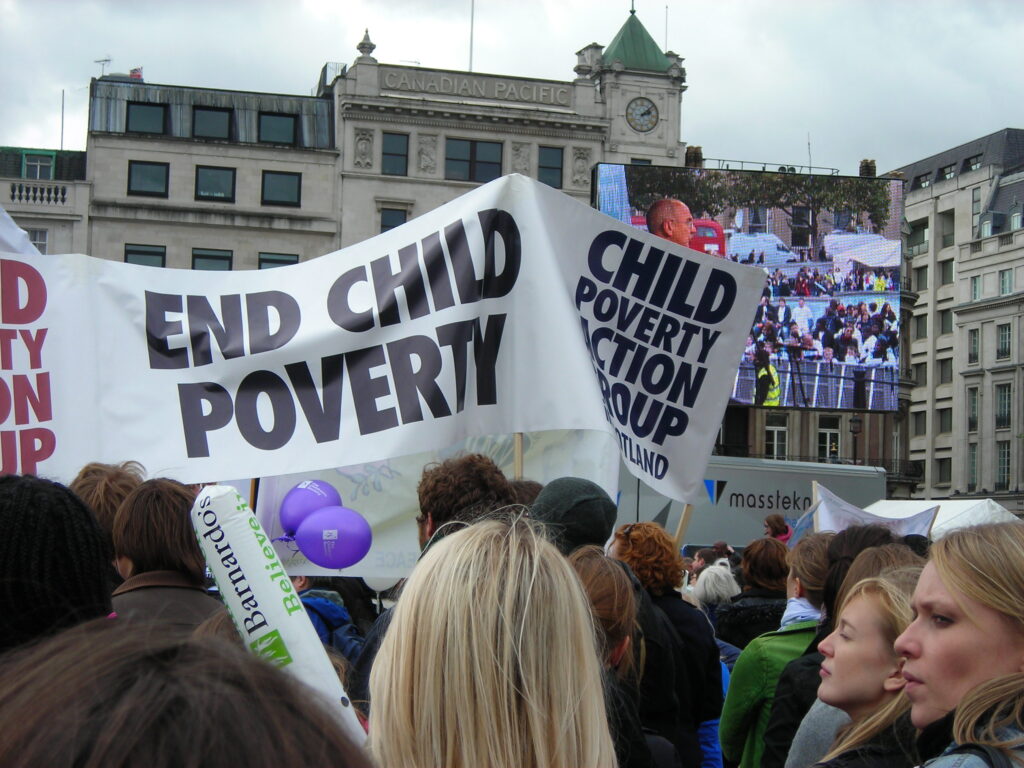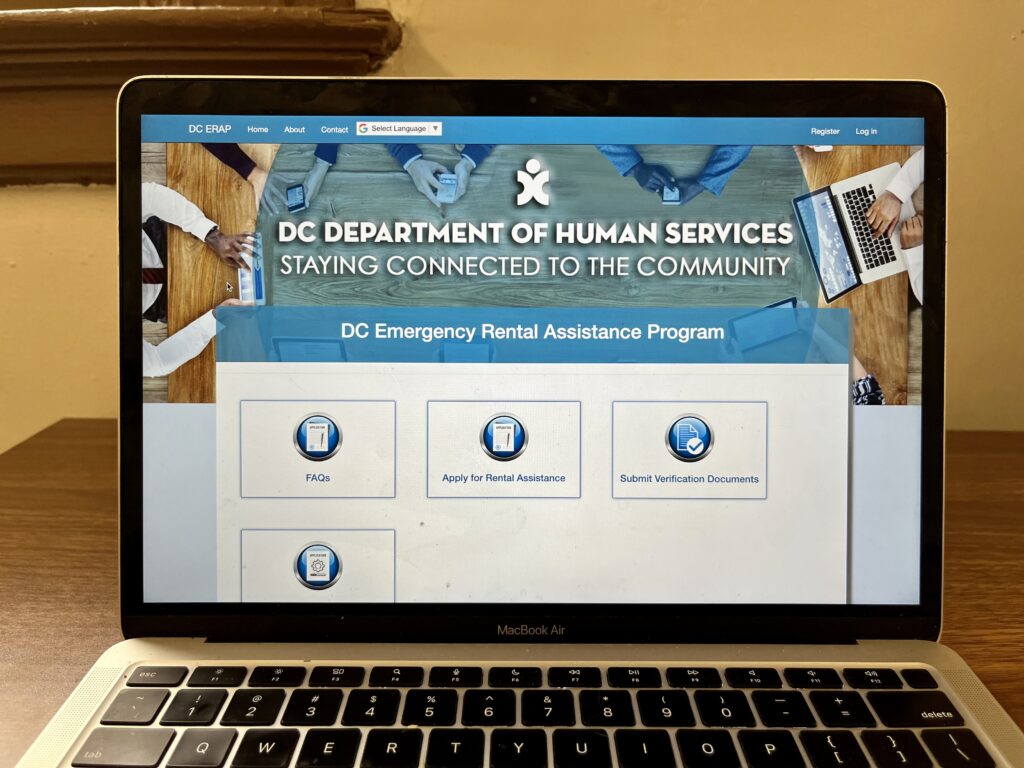In an action on Aug 3. the D.C. City Council blocked an effort by Mayor Adrian Fenty to shift $4.3 million in federal money for poor families to a summer program that employs young people.
The vote followed a heated debate and testimony from representatives of the Summer Youth Employment Program (SYEP) who reported their successes, as well as from providers of services to poor and homeless families, who spoke of their struggles to serve growing needs.
The discord arose over the Summer Youth Employment Emergency Amendment Act of 2010, in which the Mayor proposed changing the current six week program limit and adding an extra seven days of employment for SYEP participants.
The addition of seven days to the program would have required an additional $4.3 million for the program’s budget, money that would be better used for homeless services, according to City Councilman Michael A. Brown.
“To put this in context,” said Brown, Chair of the Committee on Housing and Workforce Development said, “we received testimony that this $4.3 million could result in more than 250 homeless families being housed for a full year.”
The funds would have been moved as part of an $8.4 million shift from the DC Department of Human Services (DHS) to the DC Department of Employment Services (DOES).
The money would have come from Temporary Assistance for Needy Families (TANF) funds. TANF, a federal block grant program meant for work, welfare, and temporary assistance, replaced Aid to Families with Dependent Children (AFDC), Job Opportunities and Basic Skills Training (JOBS), and the Emergency Assistance Program (EA). TANF provides funding to states and regions in order to bolster existing programs that provide services in the aforementioned categories.
In DC’s case, TANF funds can be moved within the budget by the mayor’s office. But, when Mayor Fenty proposed moving $8.4 million of those funds, which program was most worthy of receiving them became a point of contention.
In testimony to the DC City Council, SYEP reported the success it has had over its 30 years of work and in its recent years. In 2009, 91 percent of the SYEP participants surveyed rated it as a ‘good’ or an ‘excellent’ program for themselves and for other youth.
On the other hand, several homeless service organizations explained their recent and increased needs.
“DHS does not have sufficient financial resources to meet the needs of the most impoverished residents of the district. To try and meet some of those needs DHS has already cut into essential programs,” testified Nechama Masliansky and Kurt Runge of So Others Might Eat, or SOME. Other opponents of the shift of funds pointed to a history of cost overruns by the summer youth program. Ed Lazere, Executive Director of the DC Fiscal Policy Institute put it bluntly.
“…the Summer Youth Employment program is yet again over its budget and the plan to use TANF funds to fill the shortfall raises several concerns.”
While the council denied the Mayor’s proposal to use $4.3 million in TANF funding to extend SYEP employment by 7 days, some TANF money will go to the youth program. SYEP ran $4.1 million over its budget this year, a gap which will be filled by TANF funds.








